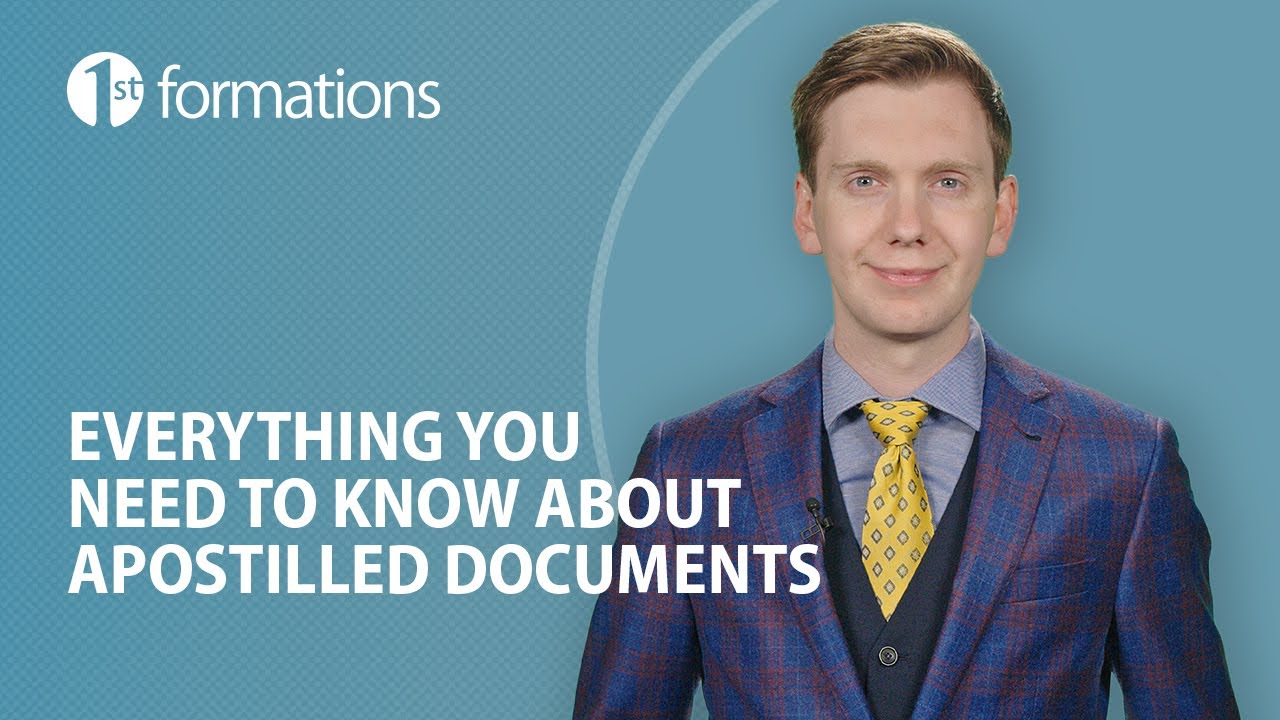Why Apostille of Documents Is Essential for Overseas Employment
In today’s interconnected world, professionals are increasingly looking beyond borders to find better career opportunities, higher wages, and international exposure. Whether you’re a software developer heading to Germany or a nurse migrating to the UAE, one constant requirement stands between you and your job offer: document verification. That’s where the apostille process becomes critical. Without it, even genuine, legally-issued documents can be considered invalid in another country. An apostille serves as a universal stamp of authenticity for official documents. It validates that your academic qualifications, personal details, or legal certificates are legitimate and have been verified by the appropriate authorities in your home country. If you're looking to work in a country that is part of the Hague Convention, apostille is not just helpful—it's legally mandatory. Skipping this step can jeopardize your job, visa, or immigration process entirely.

Understanding Apostille: What It Really Means
An apostille is a government-issued certificate attached to a document to confirm its authenticity for use in another country. It is accepted among countries that are members of the Hague Apostille Convention of 1961, which simplifies international legal documentation by eliminating the need for embassy legalization. With this certificate, your documents are internationally valid without further verification. The apostille is usually applied by a designated authority, such as a country's Ministry of External Affairs or Secretary of State. It contains details like the issuing country, the authority that signed the document, and the seal used. This streamlined process makes global employment much more accessible by removing the bureaucratic red tape associated with cross-border recognition of documents. Click Here
Why Apostille Is Crucial for Employment Abroad
When applying for a job overseas, especially in professional sectors like healthcare, education, engineering, or IT, employers require verified documents. Apostilled documents confirm the legitimacy of your qualifications and personal history. This step assures foreign employers and immigration officers that you are who you claim to be and that your certificates are not forged. Without an apostille, your application may be rejected regardless of how skilled or experienced you are. For example, many employers and embassies will not process a work visa or employment contract until your documents are apostilled. This is especially important for academic degrees, police clearance certificates, and birth certificates, all of which play a role in international employment and relocation.
Common Documents That Need Apostille
For overseas employment, multiple documents are often required to be apostilled, depending on your job and the host country's rules. The most common documents include educational degrees, diplomas, school transcripts, and certificates of employment. For healthcare workers or engineers, professional licenses and certifications may also need verification. In addition, personal documents such as birth certificates, marriage certificates, and police clearance certificates often require apostille, especially for family sponsorship or background checks. In some cases, even medical fitness reports or affidavits may need apostille. Preparing this documentation in advance not only accelerates the visa process but also avoids last-minute delays that can impact your job start date.
Apostille vs. Embassy Legalization: Know the Difference
One common misconception is that apostille and embassy legalization are the same, but they are two distinct processes. Apostille is used only for countries that are part of the Hague Convention. In these countries, once a document has been apostilled, no further authentication is needed. It’s a one-stop validation method recognized across all member nations. Embassy or consular legalization, on the other hand, is required for countries not part of the Hague Convention, such as China or Saudi Arabia. This process is more time-consuming, involving multiple steps and often requiring approval from the embassy of the destination country. Understanding the difference helps avoid delays, especially when your employment timeline is tight or you’re working with a foreign HR department.
The Apostille Process: Step-by-Step Guide
The apostille process generally begins with ensuring the document is in its final, original, or notarized form. Once confirmed, the document is submitted to the designated apostille authority in your country. In India, for example, the Ministry of External Affairs handles apostilles. In the U.S., it’s the Secretary of State in each respective state. Once submitted, the authority verifies the authenticity of the signature and seal on the document and attaches an apostille certificate. The turnaround time can vary—from a few hours to several days—depending on the document type and the issuing authority. Many individuals hire professional apostille service providers to streamline the process and avoid the risk of rejection due to minor errors or missing steps.
Conclusion: Secure Your Future with Proper Documentation
Apostille isn’t just a legal formality—it’s the bridge between your qualifications and a secure job abroad. In a competitive global job market, every detail matters. Properly apostilled documents not only comply with international legal requirements but also reflect your professionalism and readiness for the global workplace. By understanding and completing the apostille process, you save time, avoid costly mistakes, and position yourself as a credible candidate in the eyes of foreign employers. Whether you're just starting your journey or finalizing your work visa, ensuring your documents are apostilled is a smart, necessary investment in your future abroad.

